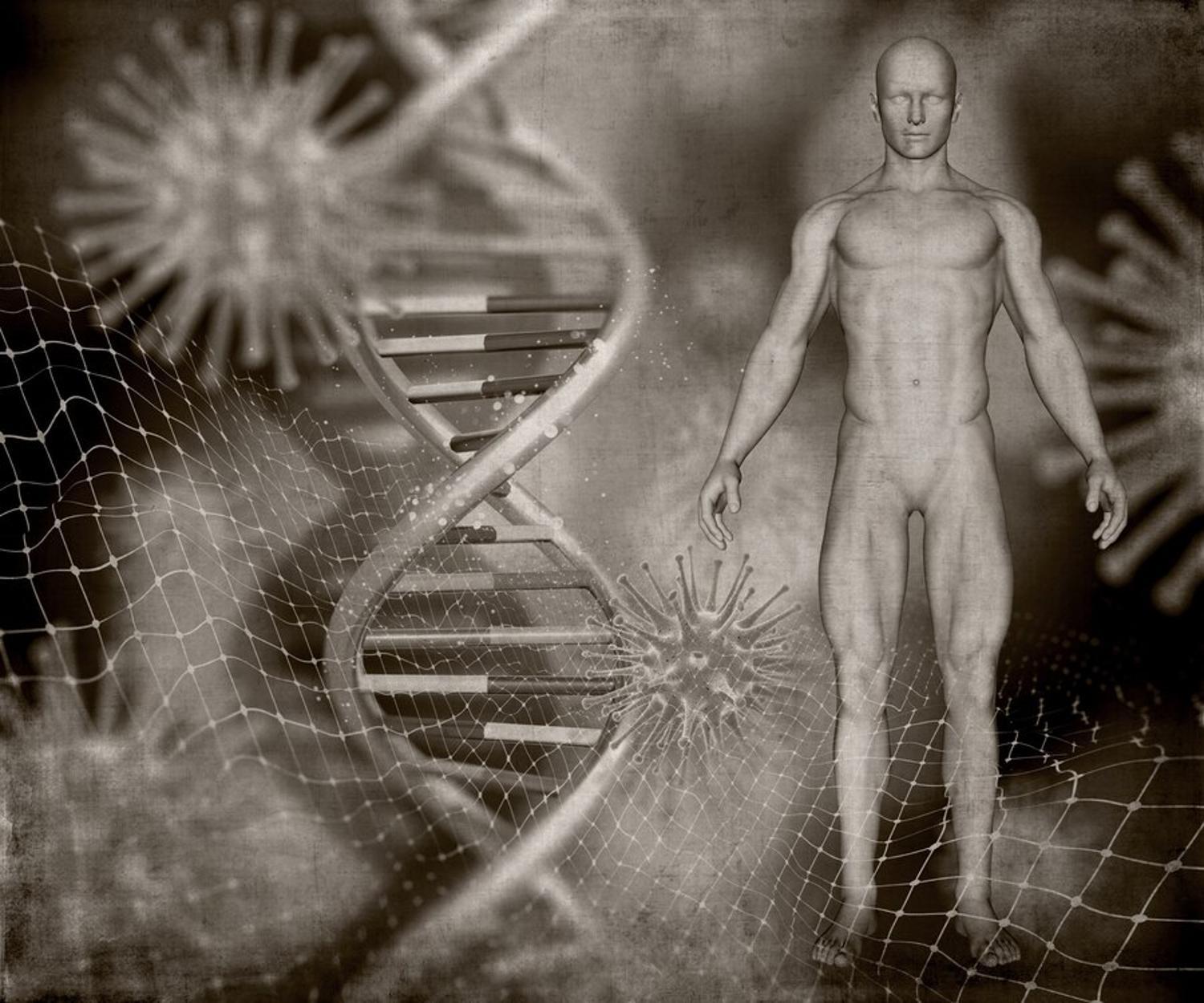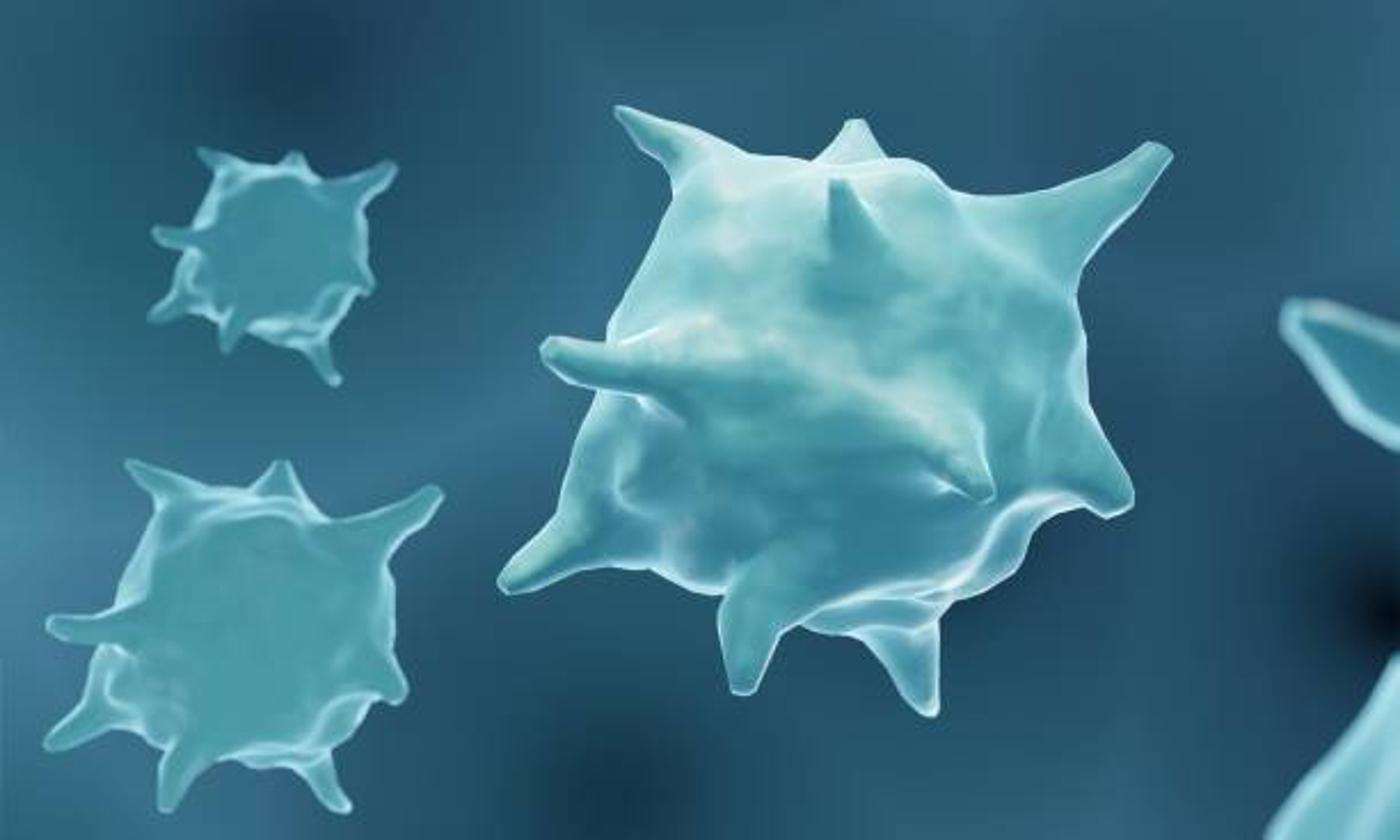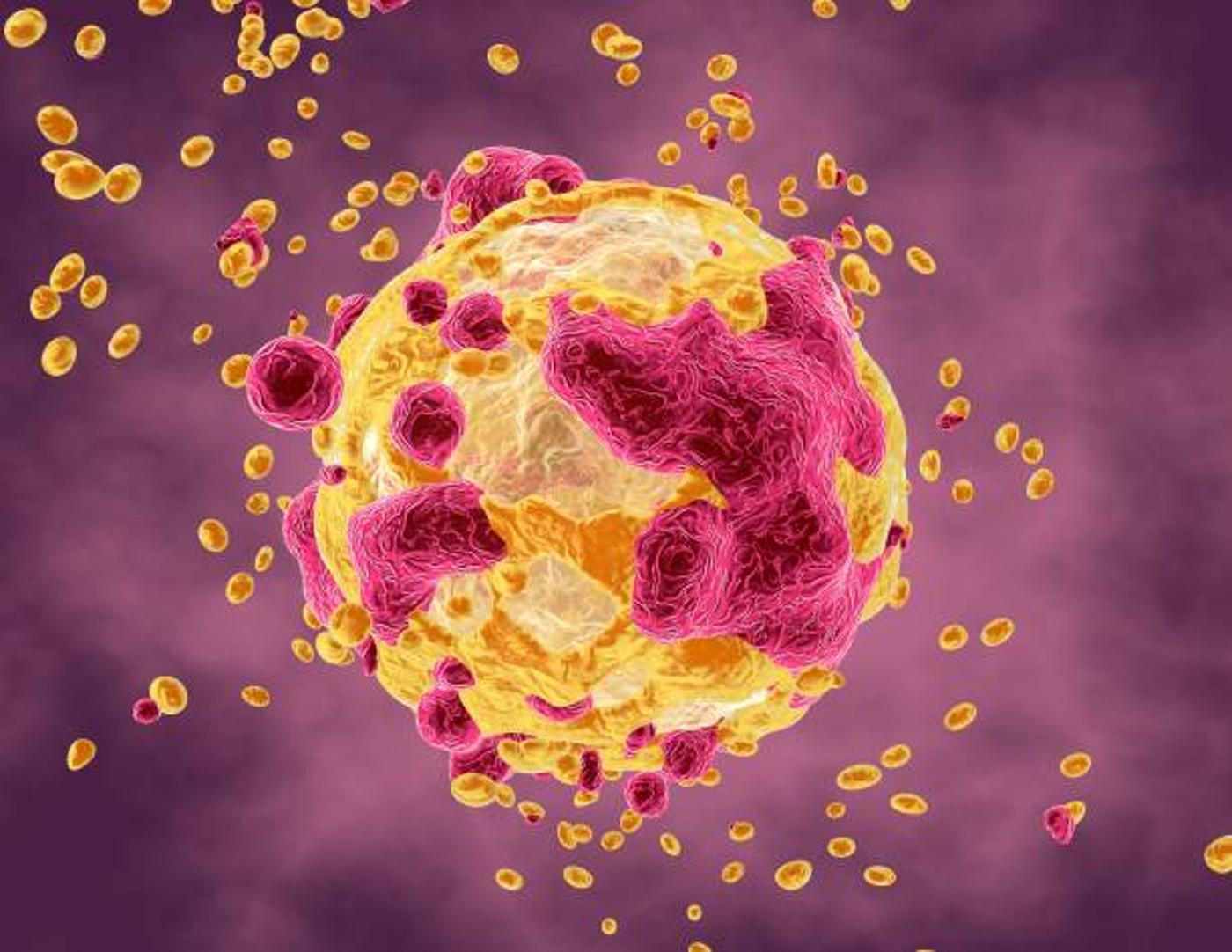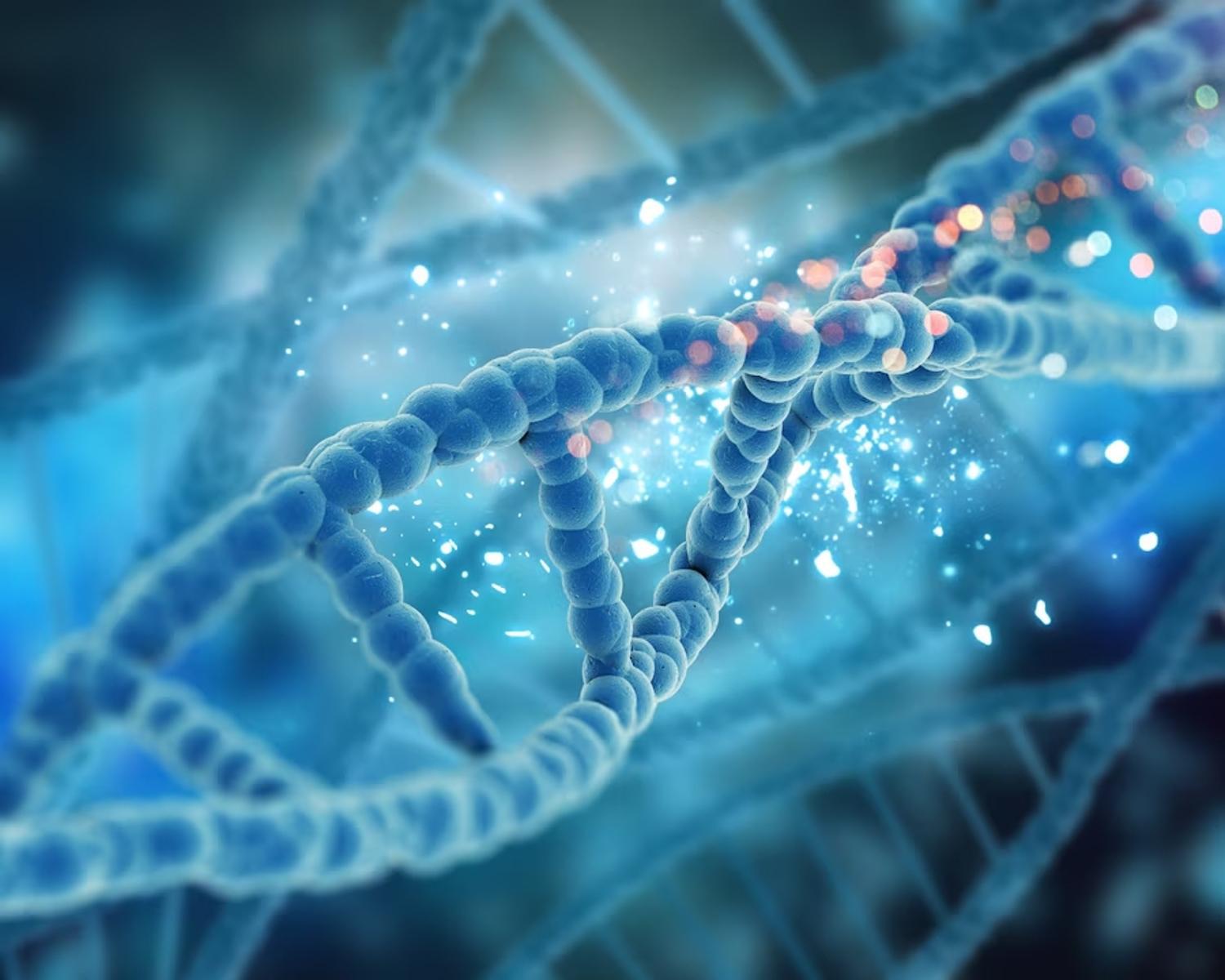Somewhere between 60 and 70 million people in the United States live with a bowel disorder, and some 40% of the world’s population suffers from gastrointestinal problems.
Medical researchers have worked tirelessly to understand why these issues are so common and, even more importantly, how to prevent and treat them. Finally, they believe they have their answer.
What Are Bowel Disorders?

Before discussing the major breakthrough regarding inflammatory bowel disorders, it’s first important to understand what these conditions actually are.
Inflammatory bowel disease (IBD) is a term that describes the chronic inflammation of tissues within the digestive tract. While there are several kinds of IBDs, Crohn’s disease is by far the most common, affecting somewhere between 500,000 and 1 million Americans.
Scientists Have Struggled to Understand the Causes of IBD

For years, scientists and medical professionals have struggled to understand the causes of IBD, which has made it exceptionally challenging to prevent or treat the conditions.
However, researchers from the University College London and the Francis Crick Institute recently announced that they believe they may have found the cause of these wildly frustrating diseases.
The Gene Desert

At this point, it’s fairly common knowledge that almost all living things, including humans, have DNA, which is a complex molecule responsible for an organism’s development and function.
This DNA is stored in a genome, which in humans is made up of a whopping 3 billion pairs of genes. However, what many don’t understand is that about 25% of the human genome, known as the gene desert, is still quite a mystery, even to genetic researchers.
Looking for the Answer to IBD in the Gene Desert

The authors of this study theorized that they would find the answer they were looking for in the gene desert. So, they set to work analyzing this mysterious aspect of the human body.
Through genetic editing, the researchers were able to find out specific genes were responsible for increasing inflammation in specific digestive cells. Now known as the “enhancers,” these genes were active in specific immune cells that played a part in the development of IBDs.
What Are Macrophages?

The scientists found that enhancers were present in cells called macrophages in patients with IBD. They already knew that macrophages were important in inflammatory bowel disorders, but they didn’t know why.
Macrophages are a type of white blood cell that surround and kill microorganisms, stimulate the growth of other immune cells, and remove dead cells. If they are not functioning properly, the immune system can be compromised, and inflammation conditions often develop.
Finding the Enhancers Could Change the Lives of Millions of People

This discovery that certain genes, the enhancers, in the human genome can and do attach to the macrophages and cause them to fail is a really big deal. With this information, scientists can finally pinpoint why some people develop IBDs and others don’t.
As James Lee, the senior author of the study, explained, “Using genetics as a starting point, we’ve uncovered a pathway that appears to play a major role in IBD and other inflammatory diseases.”
Conducting Even More Research

It’s important to note that Lee and his team didn’t stop once they noticed that the enhancers were attaching to the macrophages.
Instead, they decided to test whether those patients with enhancer genes in the macrophages experienced inflammation in the cells. And, confirming their hypothesis, that is exactly what happened. In fact, they noticed extremely similar inflammation to those living with IBD.
Finding Better Ways to Treat Inflammatory Bowel Diseases

Understanding these chronic conditions is, of course, extremely important. However, what’s really exciting is that this discovery will help medical researchers develop targeted medications to stop the enhancers from attaching to the macrophages right when the disease sets in.
As Lee said, “Excitingly, we’ve shown that this can be targeted therapeutically, and we’re now working on how to ensure this approach is safe and effective for treating people in the future.”
Developing a Medication to “Switch Off” the Enhancer Gene

The idea is that this information will allow medical researchers to design a medication that can essentially “switch off” the enhancer gene causing macrophages to fail and, consequently, the inflammation.
However, it will likely be several years before any such medication is ready for human consumption. Designing a new drug is extremely challenging, not to mention the years of clinical trials it needs to pass before being approved by the FDA.
IBD Conditions Are Extremely Complex

This discovery could undoubtedly change millions of lives, but it is important to understand that much more needs to be done before scientists can say they fully understand and can cure IBDs.
As co-author of the study, Christina Stankey explained, “IBD and other autoimmune conditions are really complex, with multiple genetic and environmental risk factors, so to find one of the central pathways and show how this can be switched off with an existing drug, is a massive step forward.”
IBD Conditions Could Be a Problem of the Past

The hope, of course, is that scientists will be able to use this information and further studies to stop inflammatory bowel diseases in their tracks.
If they can, we may be able to finally cure these horrific diseases like Crohn’s forever. In fact, by just the next generation, these conditions may be a problem of the past, like polio, smallpox, or any one of the other hundreds of the diseases that once plagued our species.








































